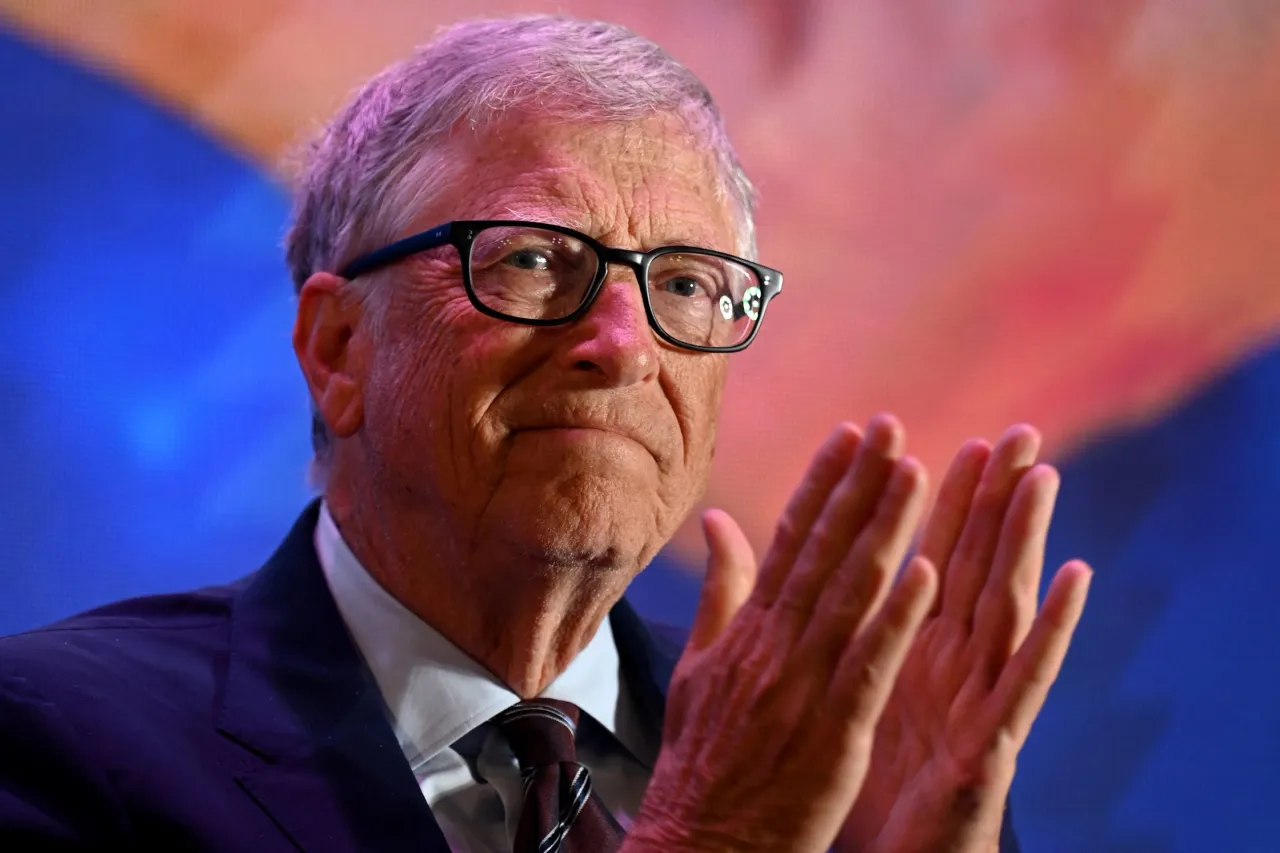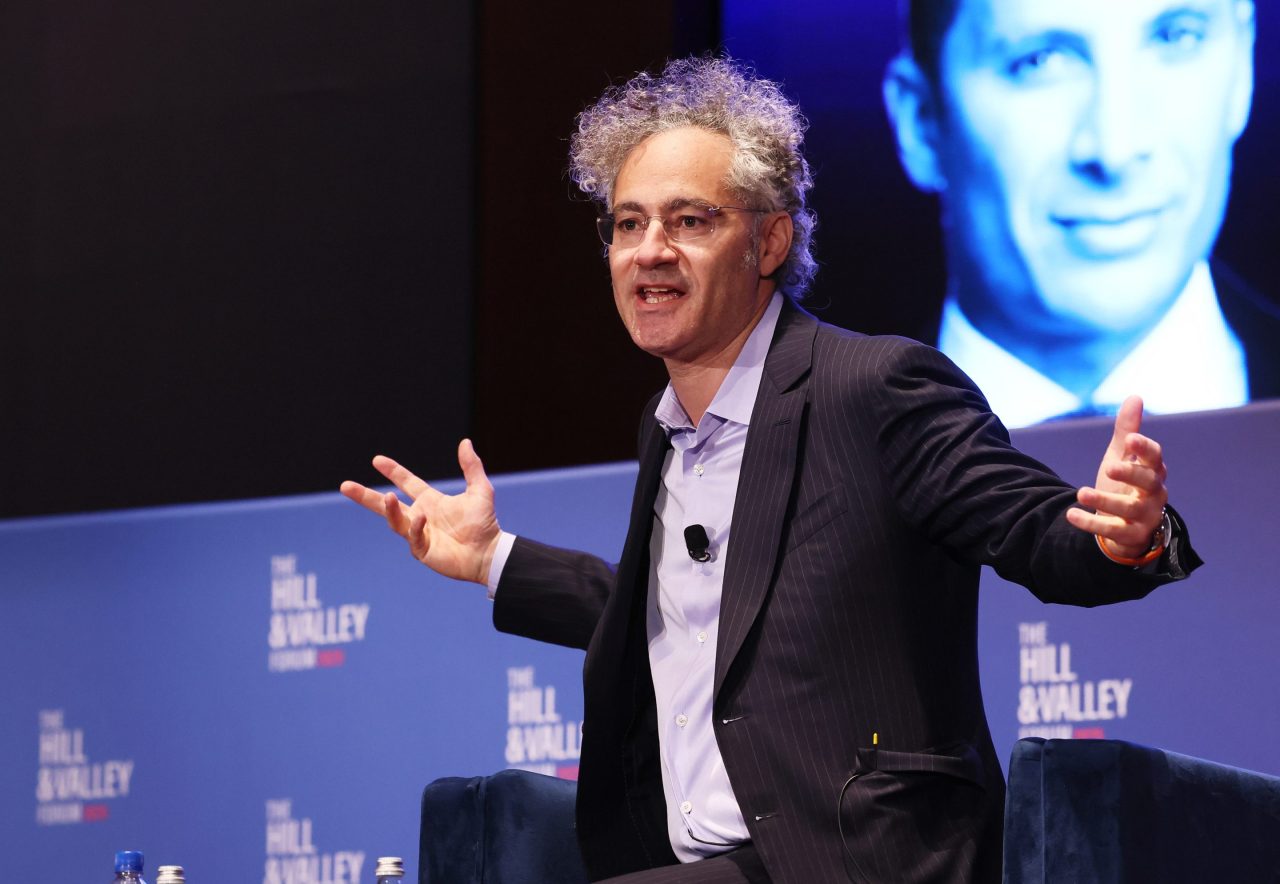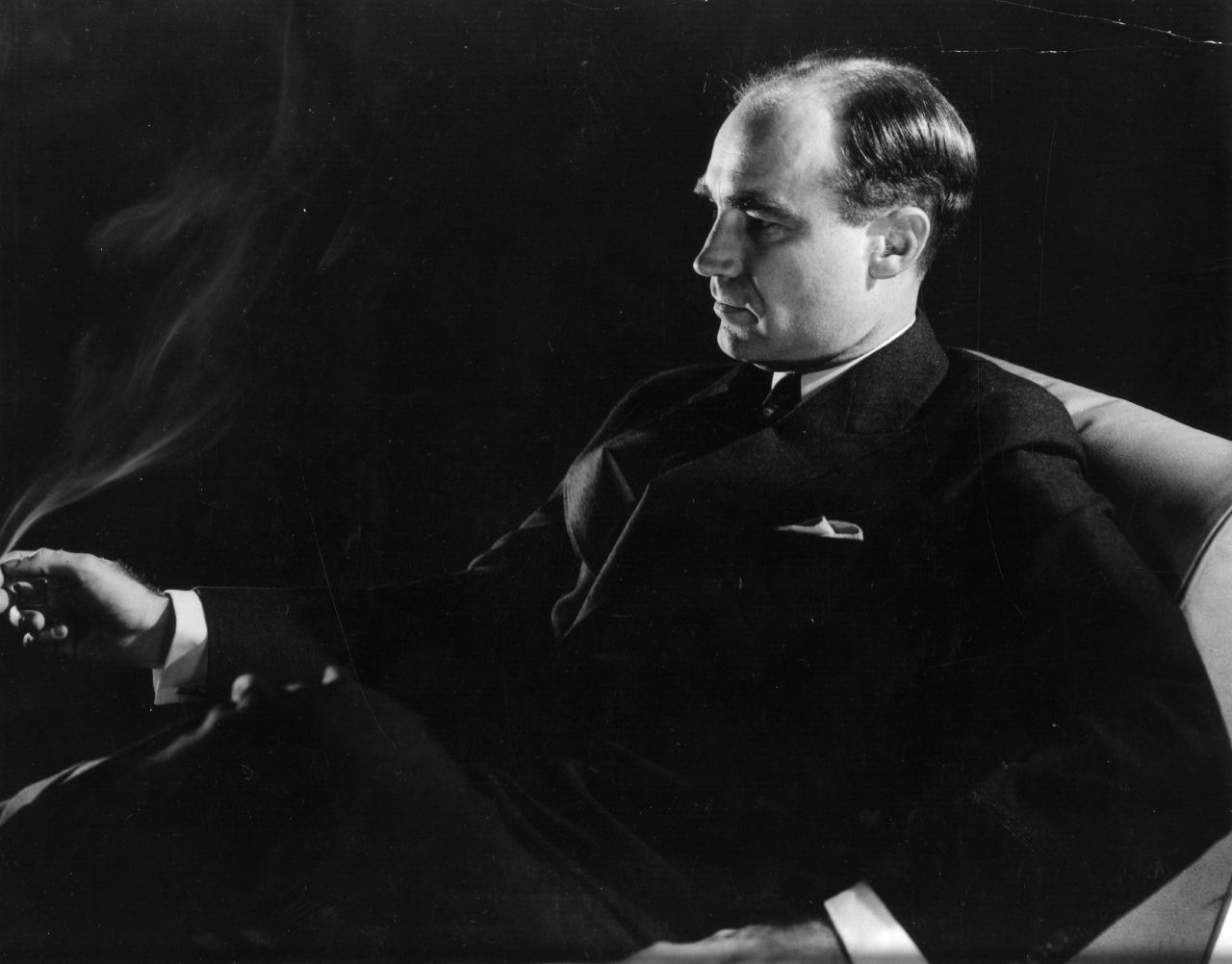Introduction
Imagine working just two days a week while AI handles most tasks. According to Bill Gates, this future isn’t far off. In a recent discussion, the Microsoft co-founder predicted that artificial intelligence will revolutionize workplaces to the point where a two-day work week could become the norm within a decade.
While this sounds like a dream come true, it also raises critical questions: Will AI improve work-life balance, or will it lead to mass unemployment? Let’s break down Gates’ vision, its implications, and whether a future with fewer workdays is realistic.
Why Bill Gates Believes a 2-Day Work Week Is Coming
1. AI Will Automate Most Jobs
Gates believes AI is evolving so rapidly that it will replace human labor in most fields, especially repetitive and administrative tasks. Sectors like customer service, data analysis, coding, and even creative work are already being transformed by AI tools.
2. Increased Productivity Means Less Work
With AI handling complex problem-solving and decision-making, companies will need fewer human hours to achieve the same (or even greater) output. This could lead to shorter work weeks without sacrificing productivity.
3. Shift in Economic Structures
As AI takes over industries, Gates predicts that governments and companies will need to rethink how people earn a living. Ideas like universal basic income (UBI) or profit-sharing models could help workers transition to a shorter work week while still maintaining financial stability.
Is a 2-Day Work Week Realistic?
While AI is undoubtedly advancing, some challenges could slow down the shift to a two-day work week:
✅ Technological Advancement – AI is rapidly improving, but widespread automation across all industries could take longer than a decade.
✅ Corporate Resistance – Many companies might be hesitant to reduce work hours unless forced by economic or labor laws.
✅ Inequality Concerns – AI-driven automation could create economic divides, where only a few benefit from reduced work hours while others struggle to find jobs.
✅ Job Transformation, Not Just Replacement – While AI will replace some roles, it will also create new jobs, requiring workers to upskill and adapt.
Will AI Lead to Mass Unemployment or Work-Life Balance?
There are two potential scenarios:
🔹 Positive Outcome: AI boosts productivity, wealth is redistributed, and people work fewer hours while maintaining financial security. This could lead to better mental health, more personal time, and a more fulfilled society.
🔹 Negative Outcome: AI causes widespread job loss, leading to economic instability and increased inequality, with only the elite benefiting from automation.
Final Thoughts
Bill Gates’ prediction of a 2-day work week by 2035 is ambitious but not impossible. AI is already reshaping industries, and if technological, economic, and social factors align, shorter work weeks could become a reality.
However, whether this transition leads to a utopian work-life balance or a job crisis depends on how businesses, governments, and society manage AI-driven changes.




